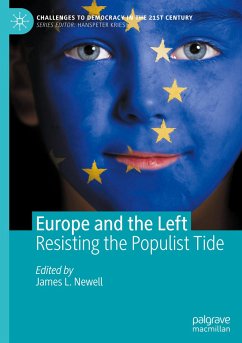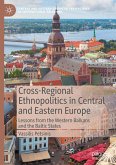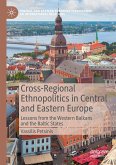This edited volume revolves around two sets of questions. First, what do the 2019 European elections suggest about the extent to which the mainstream parties of the left are attempting to deal with their decline through an increased, common, emphasis on their project for a more integrated, 'social Europe' as opposed to an emphasis on the more 'traditional', domestically-focussed, issues? Given the heightened profile of Europe in domestic politics; given the polarisation around Europe; given the way in which (especially in the countries of the Eurozone) media discussion of the domestic implications of EU decision-making can influence the climate of opinion regardless of the actions of domestic party actors themselves, we would expect the social democrats among them to seek to reassert control over the conditions of opinion formation through a renewed emphasis on integration (as well as its benefits and its potential as a source of identities to rival national, exclusionary identities) in opposition to their populist and Eurosceptical adversaries. To what extent do the campaigns waged by these parties bear out this expectation? Second, how well are the parties coping with the internal and external, institutional and political obstacles in the way of pursuit of this agenda?
Bitte wählen Sie Ihr Anliegen aus.
Rechnungen
Retourenschein anfordern
Bestellstatus
Storno








